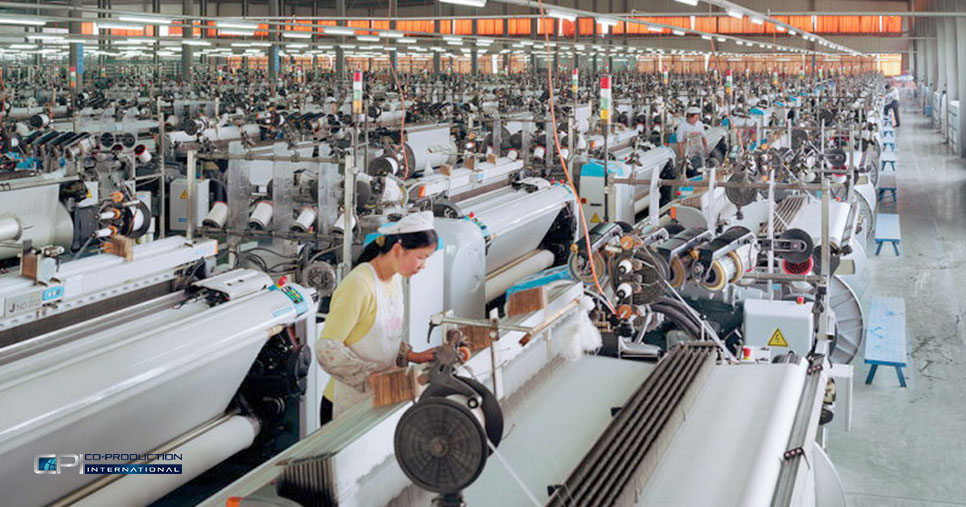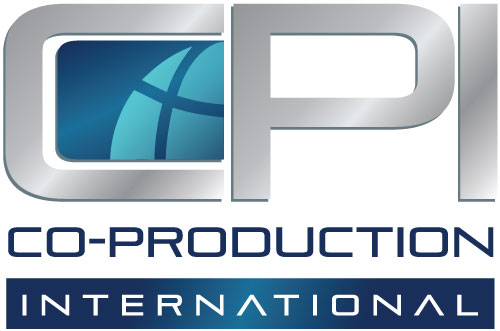Tijuana is one of Mexico's top industrial cities with a fast growing manufacturing activity. Located in the northwest corner of Mexico, on the Pacific Rim, Tijuana is part of the International San Diego – Tijuana metropolitan area and has become the preferred destination of close to 570 world class companies manufacturing in Mexico.
Due to advantages related to costs savings and speed to market, Tijuana has positioned itself as the Near-Shore Top Choice for Manufacturing developing an important presence in the Medical Device, Aerospace, Electronics and Automotive Industry of world renowned companies such as Honeywell, Kyocera, Toyota, DJ Orthopedics and Plantronics, among others.
Tijuana's economy continues to grow due to its immediate proximity to the U.S. border and companies benefit from this increasing their exports. The Otay Mesa Port of Entry, contiguous to Tijuana's International Airport is the third busiest along the Mexico - U.S. Border. On the U.S. side, the I-905 extension to the border was opened this year. A major investment program to expand the crossing will be completed by December 2015.
Tijuana is home to experienced companies that offer logistic services, supply chain management, administrative services, contract manufacturing and consulting, to name a few. They all work together to help promote the economic development of the region, offering ideal manufacturing solutions for the successful establishment of new manufacturing operations in Tijuana.
Another reason world's leading manufacturers seeking to expand their global competitiveness are choosing to invest in Tijuana is its excellence in education, as reported on the Wall Street Journal on September 2012 "There are 113,000 new engineers graduating in Mexico every single year, which means more engineers in Mexico graduating than in Germany or Canada or Brazil... And if you establish some kind of rate of engineers per 100,000 people, it's almost twice the American rate."
One last key component to consider is culture and language. The barriers between these two elements can represent a threat to the success of any manufacturing operation. Along the border the workforce is not only bilingual but bicultural as well. Mexican and U.S. cultures are no doubt different in many ways, but they are both western cultures and in that regard, share more similarities than North American and Asian cultures do. The U.S. and Mexico also share common interests and are more likely to concur in best practices as they relate to global competitiveness.
In a nutshell, the U.S. and Mexico cultural similarities will undoubtedly ensure the global competitiveness and economic prosperity of those companies willing to venture into new horizons.
By Denisse Martinez, Co-Production International




.png)







